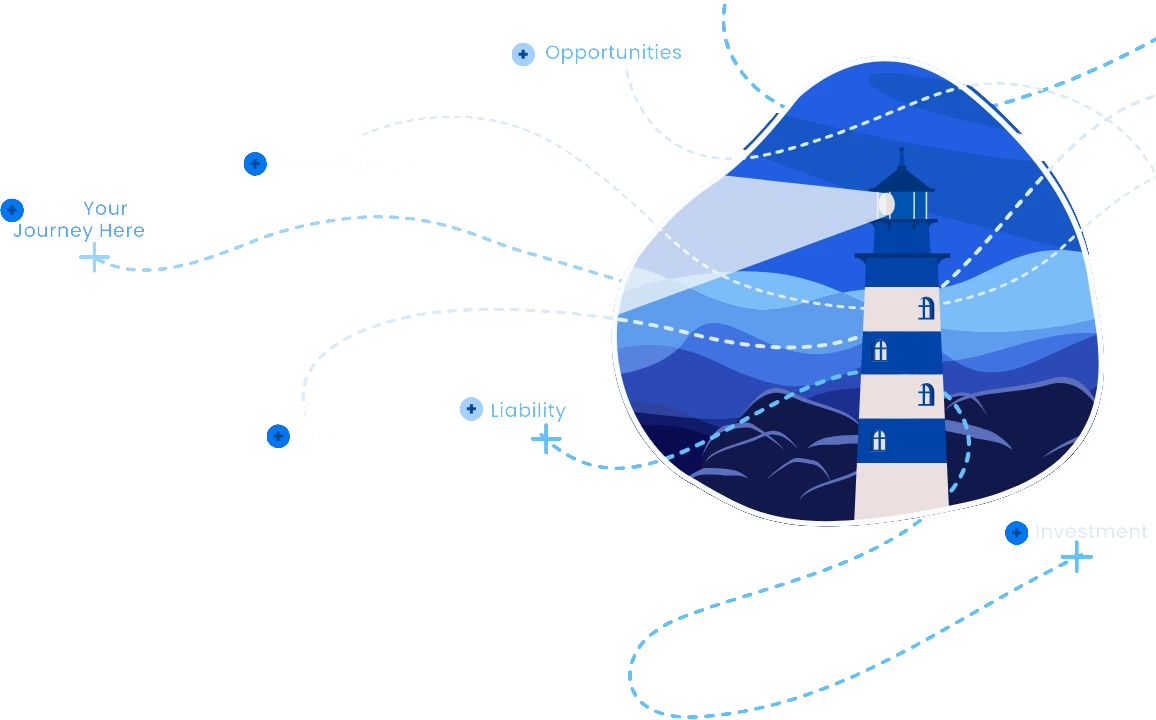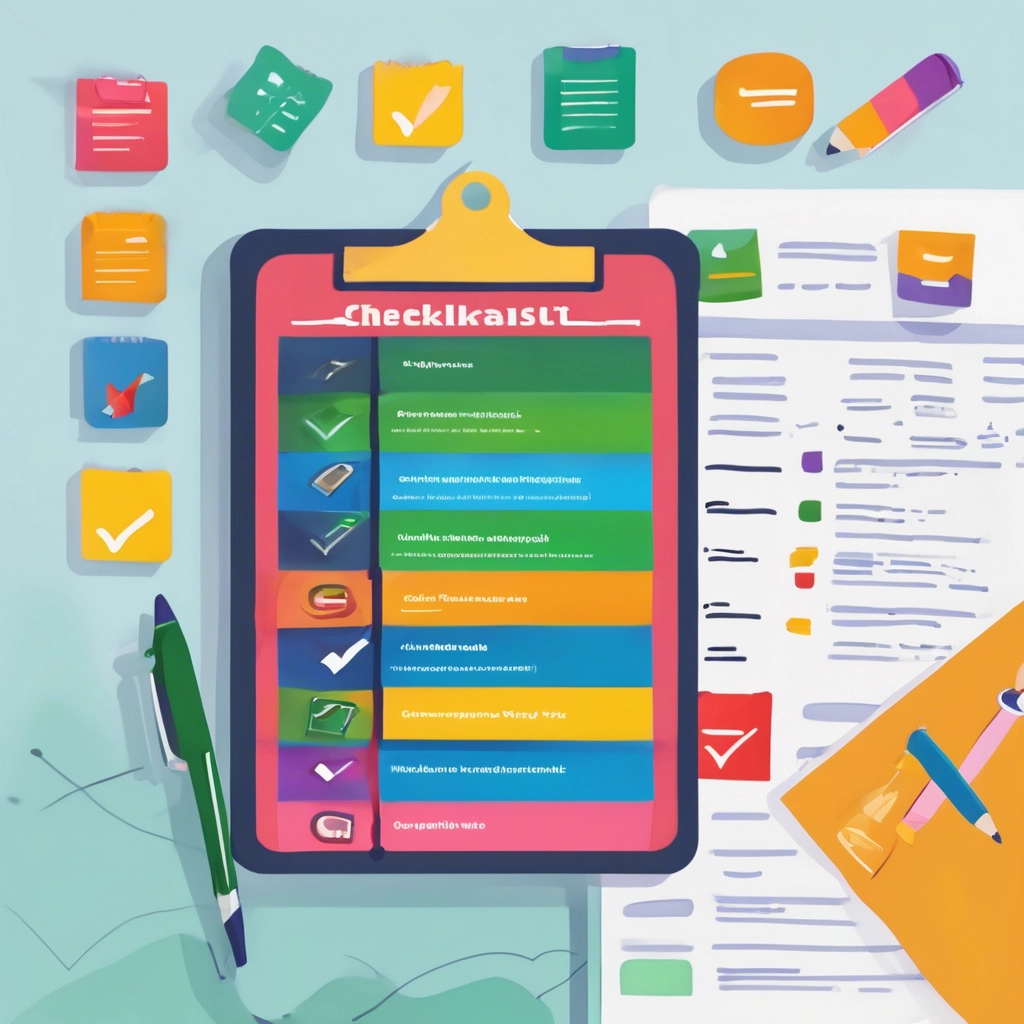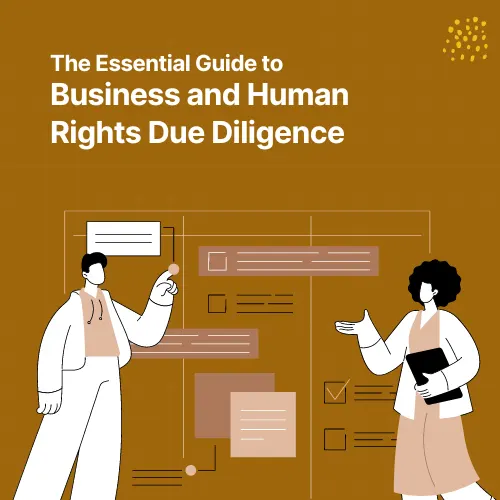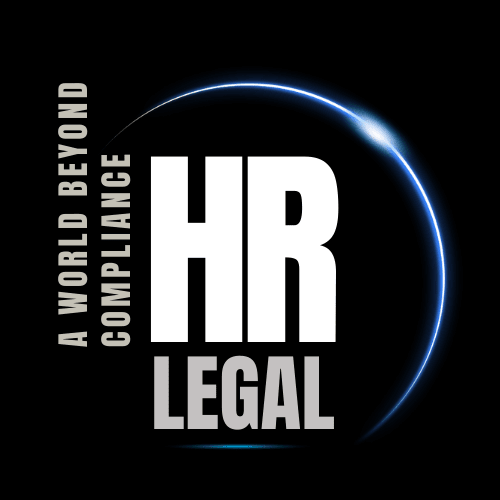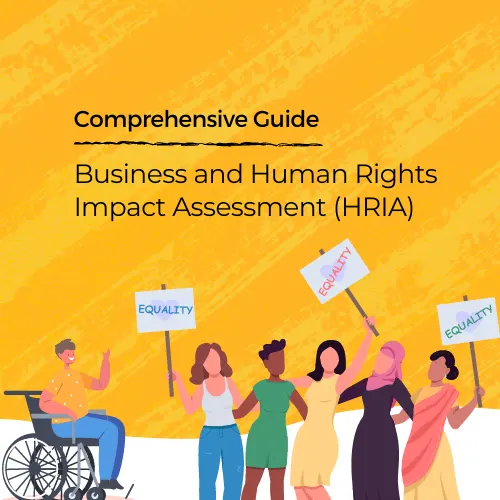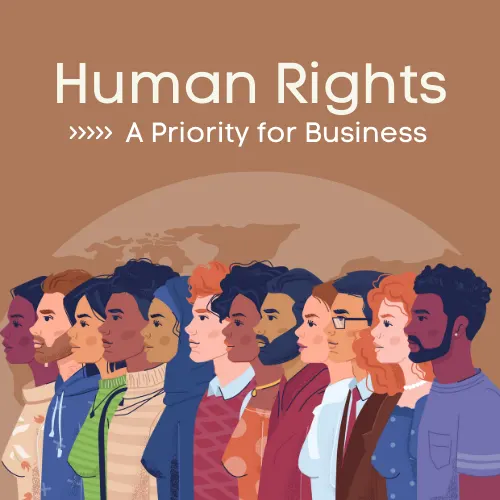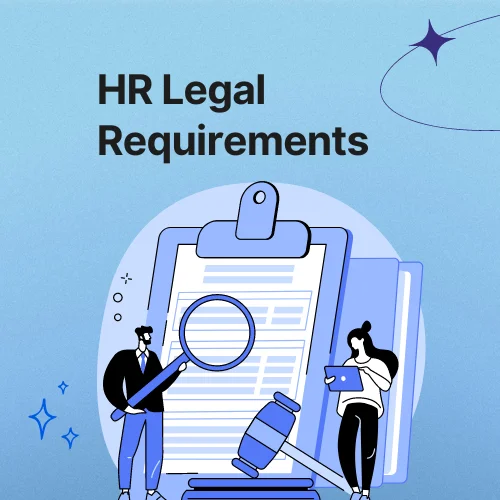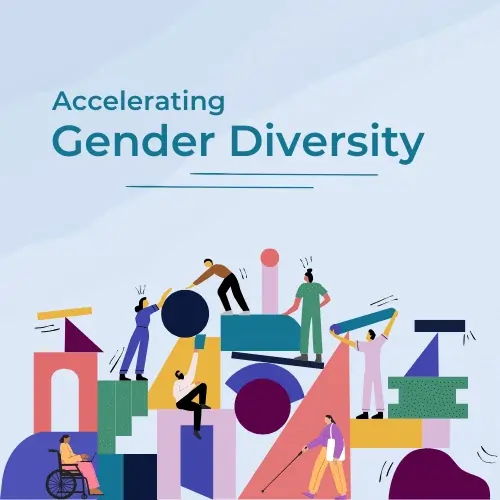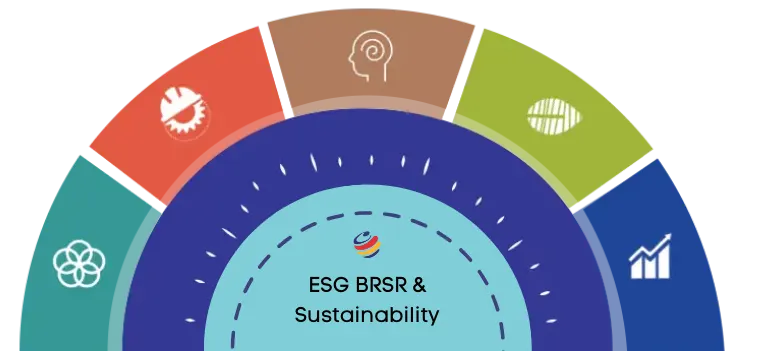Business and Human Rights
Business and Human Rights Consultants – Due Diligence, Gap Assessment, Impact Assessment, Benchmarking, Training and Reporting
IFC (World Bank Group) Approved Independent Consultant
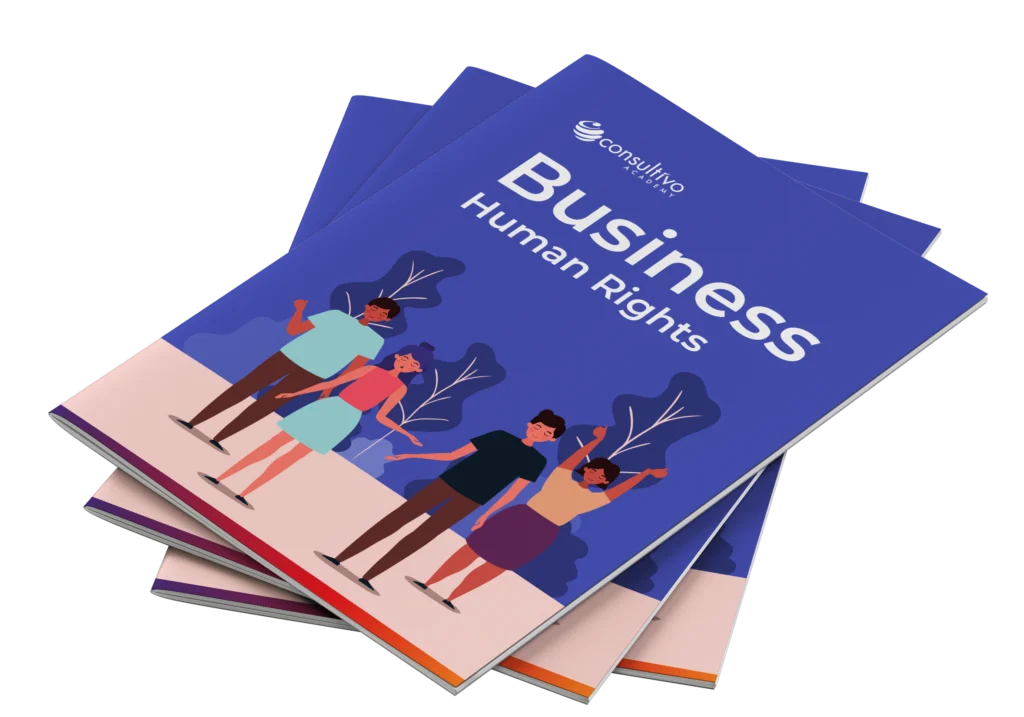






Develop Practical, Responsible Business and Human Rights Strategies with Consultivo
We work with international and local organisations to support them in their journey to embed and operationalise the UN Guiding Principles on Business and Human Rights.
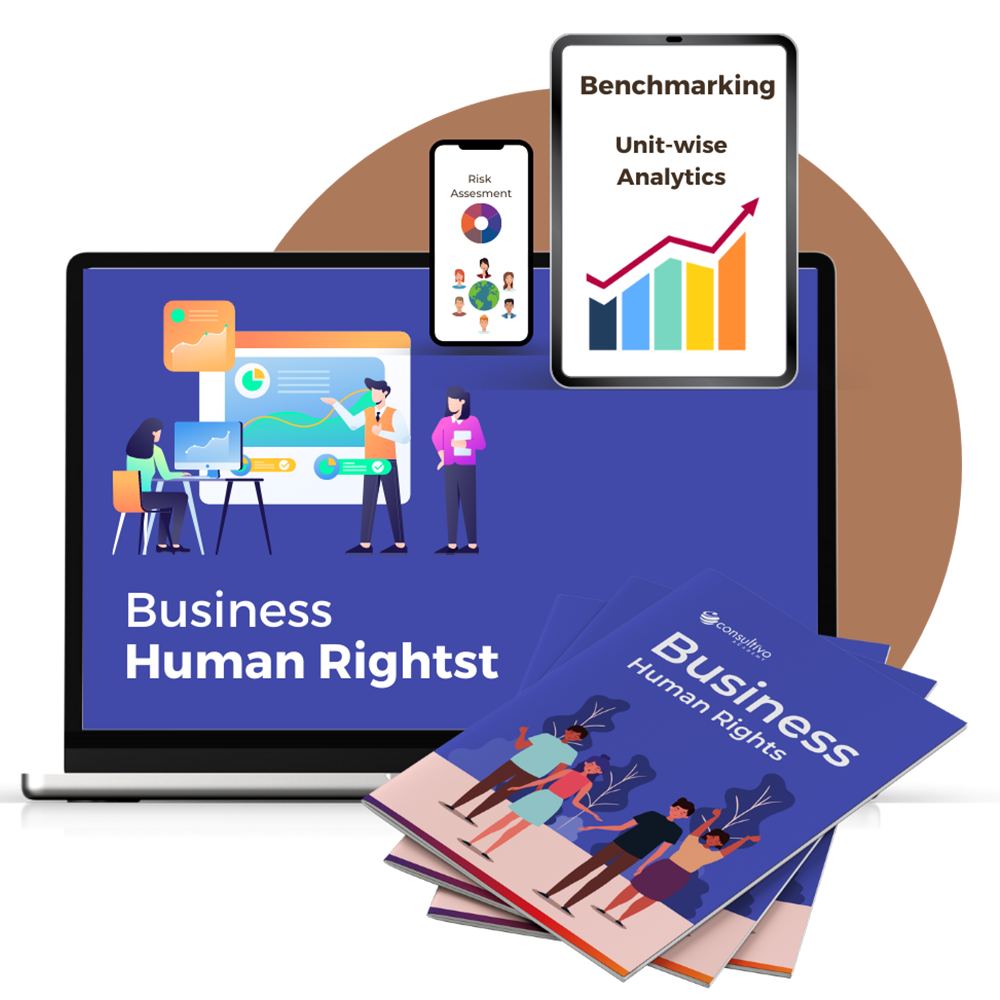
1000+
consulting and audit assignments
Across the Continents
Ready to serve anywhere you are
14+ Years
at the forefront of People Advisory Space
20+ Types of Industry Sectors
covering Manufacturing, Mining, Agri-Business, Power & Utility, Construction, Service, Logistics and many more


Coverage 100k+
Own and Contractor Employees
1 Million+
Supply Chain Workers
300+
Locations
Business and Human Rights
Human Rights issues pose risks to business and as an independent consultant, we help companies meet and exceed national as well as global standards.
Business and human rights is a framework that recognises the responsibility of businesses to respect and protect human rights in their operations, supply chains, and interactions with stakeholders. It ensures business activities do not infringe upon or violate national and international level human rights laws and standards.
Our work includes assessment, due diligence & consulting for human rights practices and policies across industries – with their own employees, contractor employees and supply chain people.
Companies are increasingly faced with complex human rights risks. The need to identify, address and manage these risks is crucial in order to uphold the social license to operate, maintain corporate reputation and achieve sustainable business growth. B&HR Due Diligence helps organisations to identify and manage business risks.
We support our customers to craft comprehensive, responsible, and practical approaches to human rights.
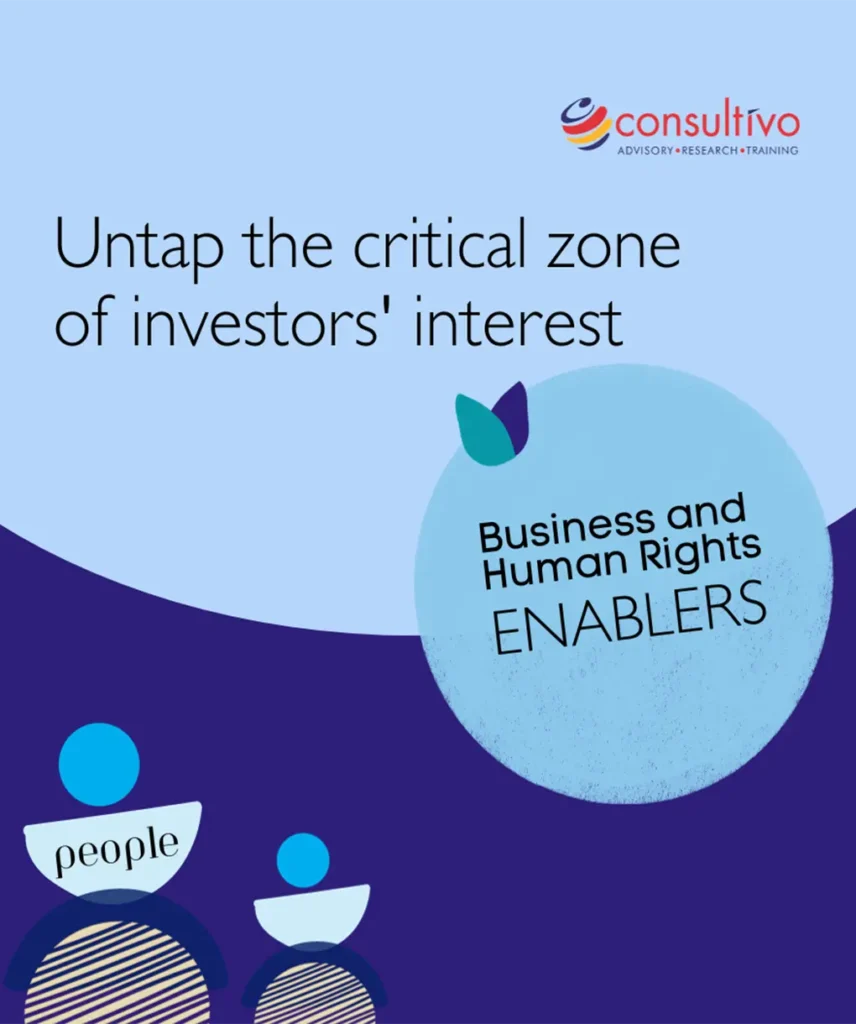
Featured solutions
Unlock People Advisory with Consultivo’s expertise across the value chain.
In the fast-paced world of modern business, optimising your Human Resources functions is a strategic imperative. That’s where Consultivo People Advisory steps in as your trusted partner for HR Audits.
Diversity and Inclusion Consultants – Diversity Equity and Inclusion Assessment, Audit. In today’s competitive landscape, fostering a culture of diversity equity and inclusion at workplace is no longer optional.
Impactful Human Capital Reports enhance transparency, engagement and trust.

DEI Training by Consultivo Academy
Business and Human Rights Strategies with Consultivo

1.
Business and Human Rights Gap Assessment
Our audits and assessments help companies better understand the changing context of business related human rights within which they operate. Our cutting-edge assessment checklists and methodologies are used for customised internal and external assessments. Based on requirements, we use our protocol for assessing the maturity of your systems for effective human rights management.
2.
Consulting - Development of Human Rights Governance Framework
We help you to develop your corporate human rights Policies, Strategies, Processes, Internal Standards and implementation mechanisms. They are developed in alignment with international standards and guidance for best practice (e.g. UN Guiding Principles, GRI & IFC Performance Standards, Dow Jones Sustainability Index). This is also supported by delivering bespoke trainings. Enquire for our Human Rights and Business Training
3.
Business and Human Rights Due Diligence
We help organisations to identify, prevent, mitigate and account for their potential or actual adverse human rights impacts. Steps include development of human rights due diligence checklist and assessing the potential risks and impacts of a company's operations, products or services on human rights. It is followed by providing a plan for engaging with stakeholders, implementation measures to prevent or mitigate adverse impacts, and following up on the effectiveness of these measures.
4.
Reporting and Disclosure – Business and Human Rights
Helping companies disclose human rights performance as a whole or on a specific focus area like Diversity & Inclusion (D&I) and create reporting and communication approaches that demonstrate commitment to stakeholders at every level. B&HR Disclosure Reports are customised for every company and in line with GRI, SASB, ESG, BRSR, DJSI etc. based on applicability.
5.
Human Rights Impact Assessment - HRIA
Human rights impact assessment (HRIA) is a systematic process that identifies, analyzes, and mitigates the potential risks and impacts of business processes and activities on human rights across the value chain. It ensures alignment with legal standards, global guidelines, fostering responsible practices and protecting brand reputations. We help you to make informed decisions to mitigate risks and maximise positive impacts for your brand and business.
Independent Employee Survey Program on Human Rights issues
An independent and unbiased perception survey on Human Rights issues can be conducted Online, On-site and in Hybrid modes. They Provide you with a deep understanding of people (employee, contractor and supply chain members) perceptions and action items for improvement.
Creating a Culture of Diversity Equity and Inclusion in the Workplace: Meeting Business and Human Rights Challenges

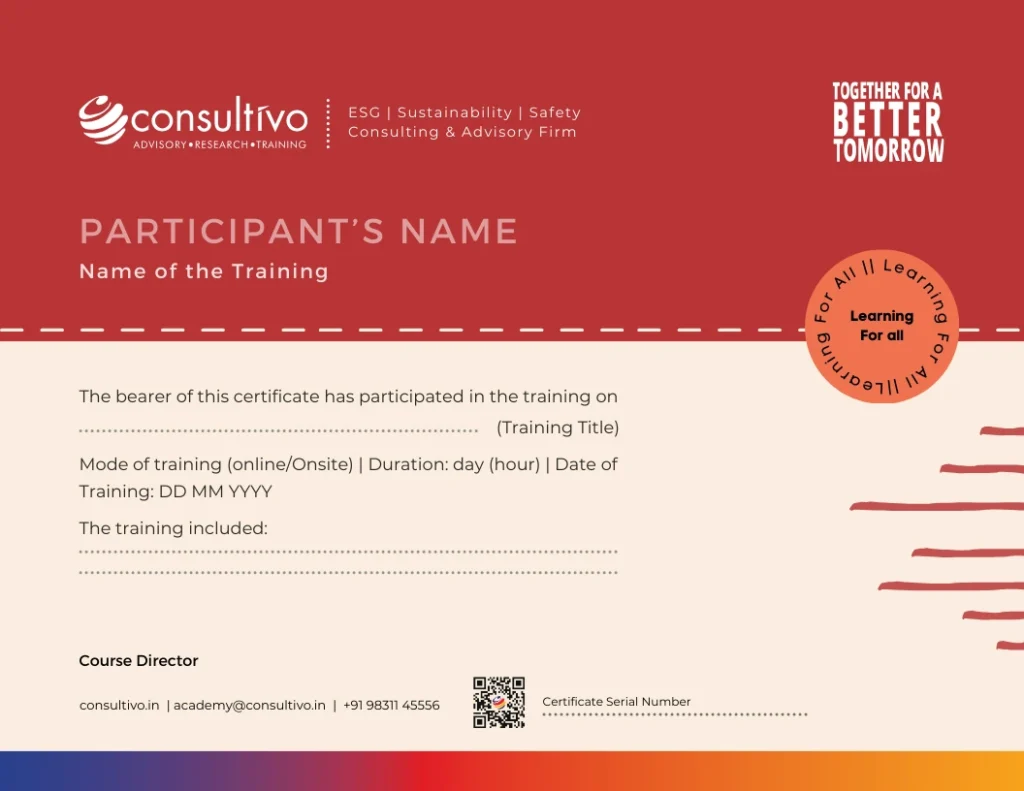
Be a Consultivo Academy Certified Professional
- Related training courses
Our M&A Due Diligence Services
B&HR Due Diligence
Environmental Due Diligence
E&S Due Diligence
EHS Due Diligence
OHS Due Diligence
HR Due Diligence
ESG Due Diligence
Related Standards, Guidance Documents
- UN Global Compact – Principle 1 to 6
- GRI Standards – GRI 401 to 412 and Sector Standards & Guidelines
- UN Universal Declaration of Human Rights
- ETI Base Code
- SMETA
- ILO Guidelines
- ISO 30415:2021 Human resource management — Diversity and inclusion
- SA 8000 Standard
- BS 76005:2015, Valuing People – Diversity and Inclusion
- Industry Specific Standards & Guidelines
and many more
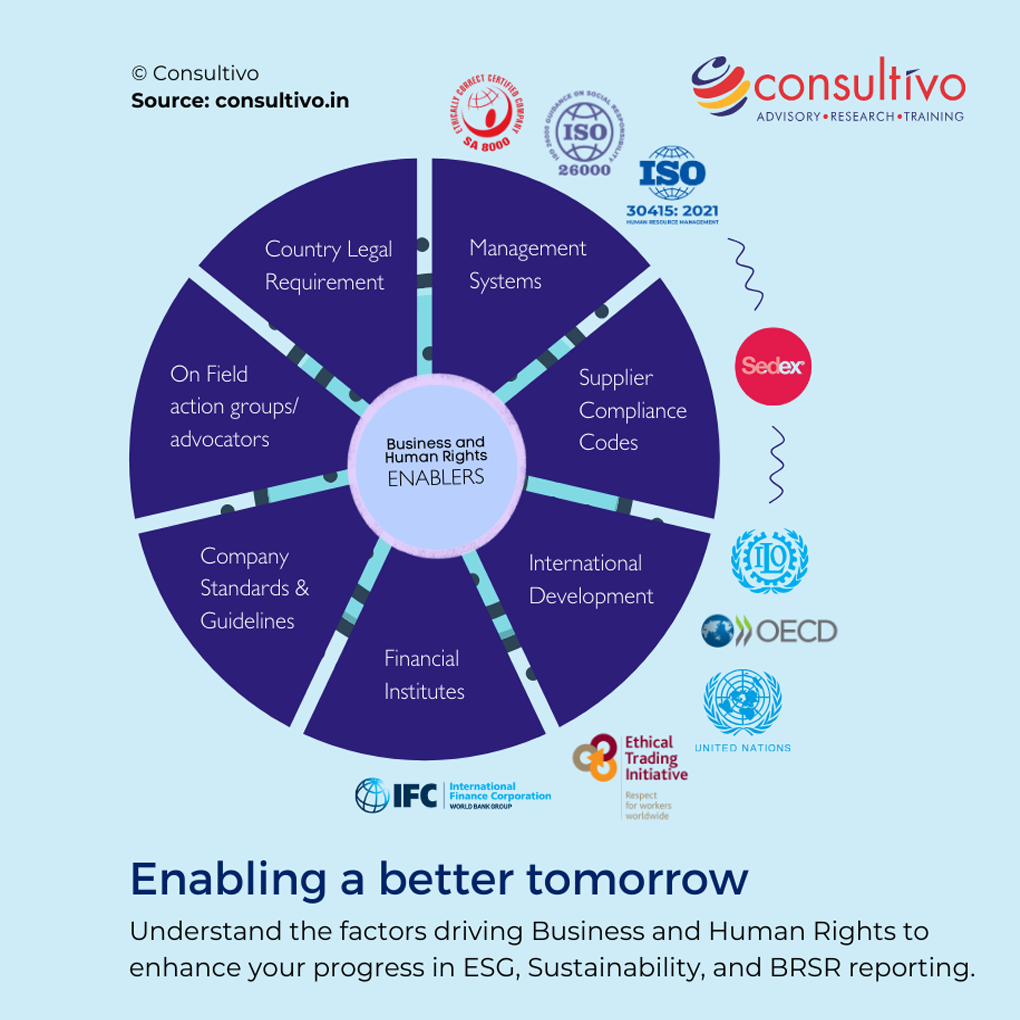
The three pillars of the UN Guiding Principles on Business and Human Rights
1.
Protect
States have a duty to protect people against human rights abuses by third parties, including businesses.
They are expected to prevent, investigate, punish and redress abuses through appropriate policies, legislation, regulation, and adjudication.
2.
Respect
Business has a responsibility to respect human rights.
It should address adverse human rights impacts that may result from its own activities and its business relationships.
3.
Remedy
Affected people must be able to access remedy.
Both states and business have roles to play in ensuring access to remedy when negative impacts occur.
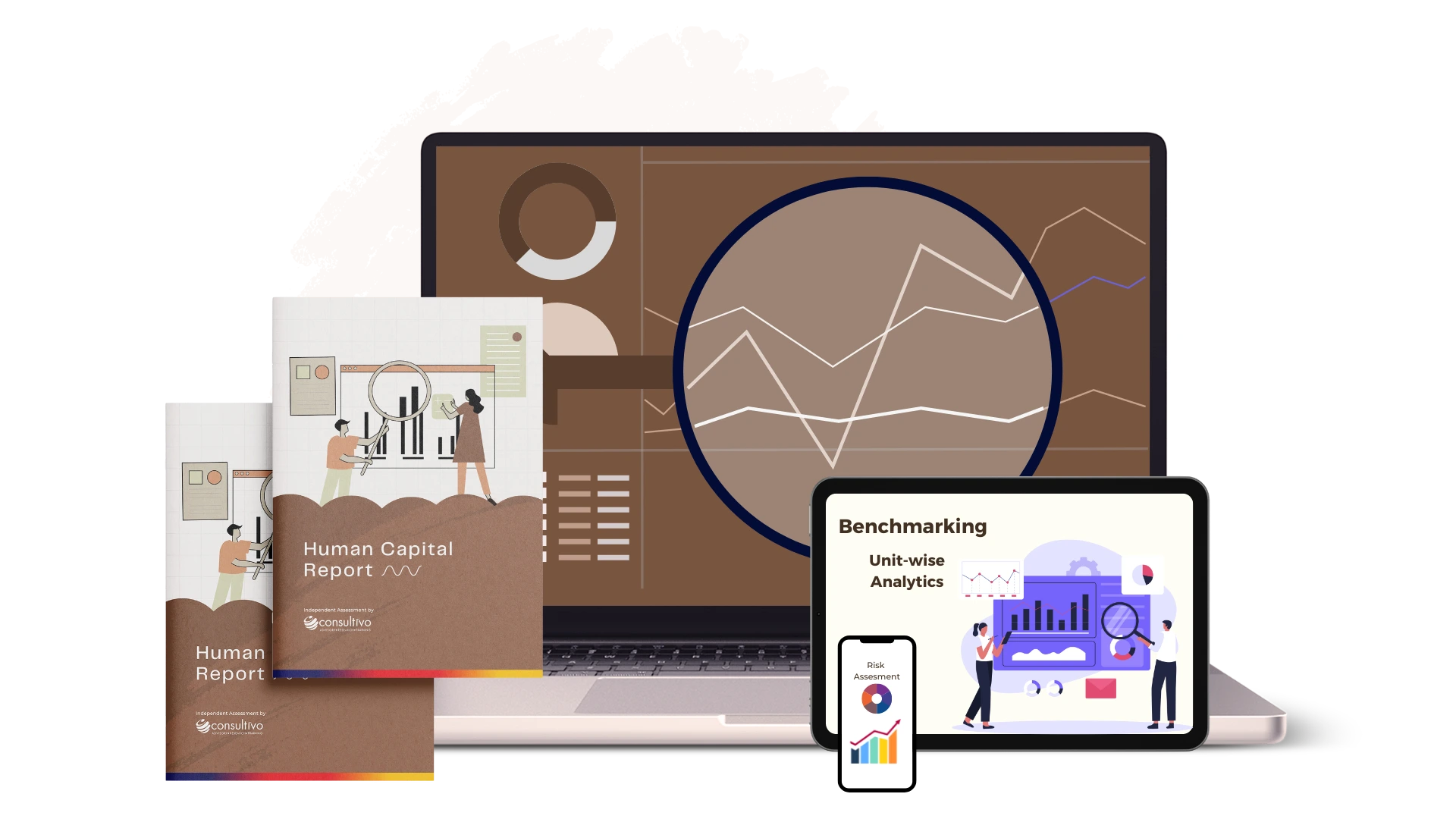
Get to know all the elements in an HR Audit or HR Due-Diligence report and how we can help you
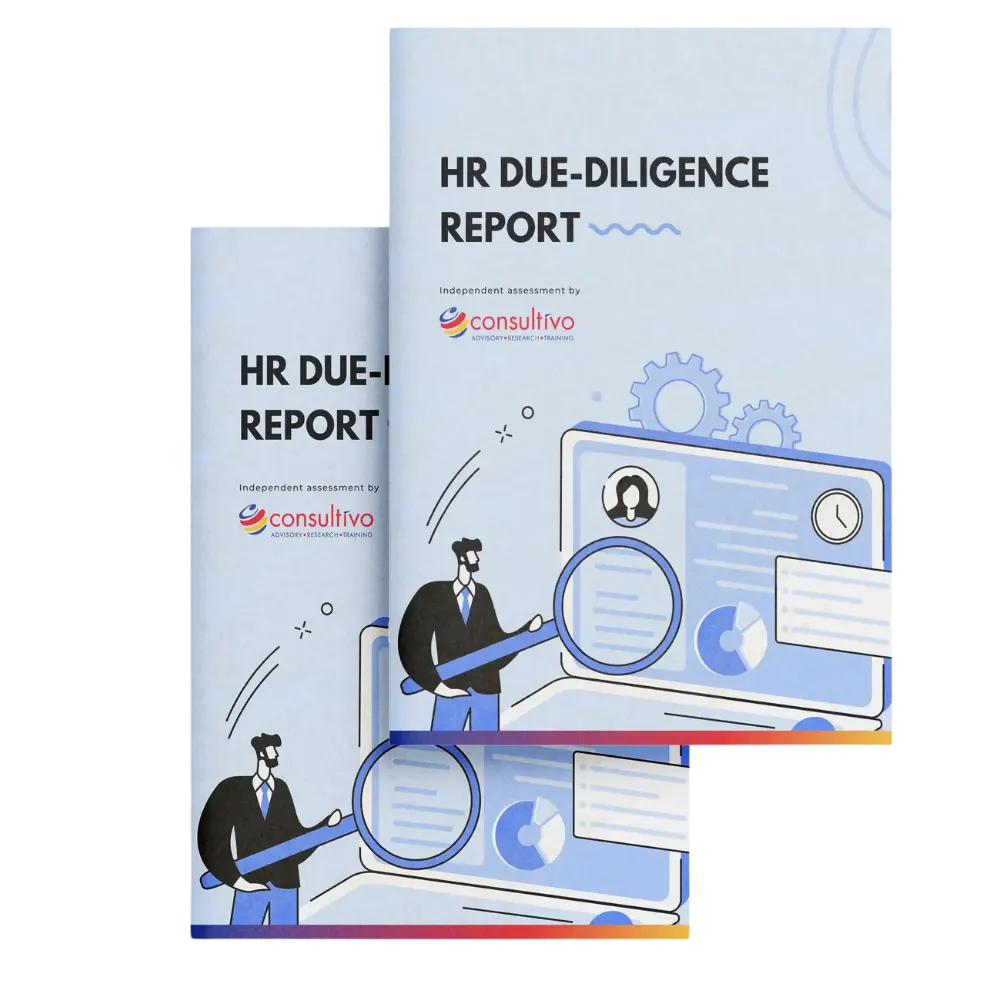
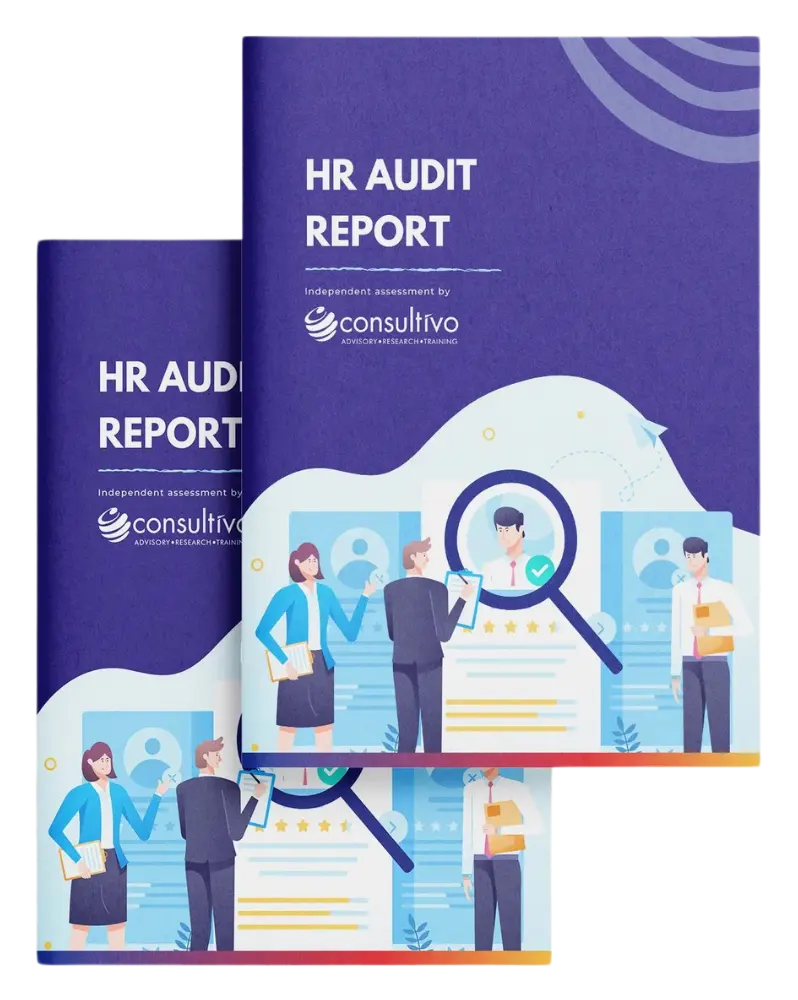

You may Also Like
Navigating the way to
ESG & Sustainability Due Diligence
Supporting Investment – Merger – Acquisition
Our Team
Our cross-practice team works with clients to identify and avoid risks to human rights, and to manage the associated risks to their own business.
Members of our practice have been involved in the development, assessment, implementation of core international standards in the human rights area over the last decade. Our team members are experienced with HRDD, HRIA processes and completely aligned with the United Nations Guiding Principles on Business and Human Rights.

Next Steps
You are on a journey towards People Excellence. Consultivo People Excellence model is a people management framework that allows companies to achieve success by measuring where they are on the path towards positive transformation.
This model will enable you to understand the gaps and possible solutions available. Finally, it significantly improves your organisation’s performance.
Employee Satisfaction Survey or perception surveys play a very vital role under the element ‘detection’.
Irrespective of where you are in your business improvement and people excellence journey, contact our expert team who will be able to give advice and guidance about options that will enable you to meet your goals.
Send a mail to [email protected] or Call +91 98311 45556
Negative impacts on people cannot be offset by “doing good”.
Compliance with the local law may not be sufficient to meet global requirements.

Request For Proposal (RFP)

Impact Stories
The impact we create. The excellence we inspire.
Read a few of our stories as we partner in the human rights protection and excellence journey of different organisations as a business risk management and advisory firm.

Human Rights Due Diligence in Metal & Mining Industry
Conducted human rights due diligence exercise on a huge brownfield steel plant expansion project and opencast mining activities in a couple of conflict-affected regions in India on behalf of an International Investment Body.
This was followed by Human Rights Audit for consecutive years.
Relevant Standards and Protocols used:
UN Global Compact Principle 1 to 6, UN Universal Declaration of Human Rights, ILO Guidelines, SA 8000 Standard and Industry Good Practices
Industry
Multiple Manufacturing Units Spread across India
22000+ workpersons

Human Rights Due Diligence in the Tea Industry
Conducting a series of human rights due diligence exercises for the agribusiness supply chain for a group of buyers in remotely located tea producing regions (across 5 states and 100+ units) in India on behalf of International Industry Association.
Relevant Standards and Protocols used:
UN Global Compact Principle 1 to 6, UN Universal Declaration of Human Rights, ETI Base Code, ILO Guidelines, SA 8000 Standard, ISO 45001 and Industry Good Practices.
Industry
Tea Industry
Multiple Locations in India
8000+ Employees

Development of International Codes on Business and Human Rights as part of supply chain sustainability standards
Being one of the practicing Business and Human Rights Consultants, Consultivo has developed 4 human rights and business responsibility sustainability standards, audit protocols, implementation guidelines and training programs for the mineral mining and agribusiness sector.
Relevant Standards and Protocols used:
UN Global Compact Principle 1 to 6, UN Universal Declaration of Human Rights, ILO Guidelines, ETI Base Code, SA 8000 Standard, SMETA, ICMM and Industry Good Practices
Industry
Multiple Locations in India
8000+ Employees

Human Rights Gap Assessment for Apparel Industry and Hand Holding Support
DISHA Project has been implemented in Apparel Industry across 25+ medium and small scale enterprises.
The human rights issues include Employment, Labour-Management Relations, Occupational Health and Safety, Training and Education, Diversity and Equal Opportunity, Non-discrimination, Freedom of Association and Collective Bargaining, Child Labour, and Forced or Compulsory Labour.
Initially a baseline assessment had been conducted for each factory; then the units have been guided throughout the implementation journey, till the final verification audit.
Relevant Standards and Protocols used:
UN Global Compact Principle 1 to 6, UN Universal Declaration of Human Rights, ETI Base Code, ILO Guidelines, SA 8000 Standard and Industry Good Practices
Industry
Multiple Locations in India
8000+ Employees
Featured Insights
Frequently Asked Questions (FAQs)
Questions? We have answers.
What is the importance of Human Rights to business?
Human rights are fundamental to business because they ensure ethical practices, social responsibility, and sustainable development.
Here are some key reasons why human rights matter to businesses:
Reputation and Trust:
Respecting human rights helps build a positive reputation and trust among the stakeholders.
Businesses that prioritize human rights are seen as responsible and trustworthy entities.
Legal Compliance:
Many countries have human rights laws and regulations for businesses in place to protect human rights. Businesses must adhere to these laws to avoid legal penalties, fines, or negative publicity that can harm their operations and bottom line.
Risk Mitigation:
Ignoring human rights can lead to various risks such as legal disputes, worker strikes, protests, boycotts, supply chain disruptions, or damage to brand value. By proactively addressing human rights issues, businesses can minimise potential risks and protect their interests.
Human Rights Impact Assessment or HRIA helps organisations take informed decisions.
Employee Engagement and Productivity:
Respecting human rights within the workplace promotes a positive work environment, boosts employee morale, and enhances productivity. Employees who feel their rights are respected are more likely to be engaged, loyal, and motivated.
Sustainable Supply Chains:
Businesses have a responsibility to ensure that their supply chains operate ethically and respect human rights. By conducting due diligence and working with suppliers who uphold human rights standards, businesses contribute to sustainable and responsible sourcing practices.
Contributing to Social Development:
Businesses have the potential to positively impact communities respecting human rights. By promoting fair labor practices, gender equality, diversity, and inclusion, businesses can contribute to social development and economic growth.
Thus, human rights are essential to business because they foster trust, ensure legal compliance, mitigate risks, enhance employee engagement, enable sustainable supply chains, drive innovation, and contribute to social development. By incorporating human rights into their core values and operations, businesses can create a positive impact on society while securing their long-term success.
Consultivo, being one of the practicing business and human rights consultants, offer full range of human rights due diligence solutions for Compliance, Investment, Merger and Acquisition.
What is Human Rights Impact Assessment (HRIA)?
Human Rights Impact Assessment – HRIA is a tool that helps organisations understand the potential positive and negative human rights implications of their activities.
Human rights impact assessments (HRIAs) in business provide several benefits, including:
Risk Identification: HRIAs help businesses identify potential human rights risks and subsequent impacts associated with their operations, products, and supply chains. This enables proactive risk management and prevents potential harm to individuals and communities.
Compliance with Legal Frameworks: HRIAs assist businesses in aligning their operations with relevant national and international human rights laws and standards. This ensures compliance and minimizes the risk of legal and reputational consequences.
Stakeholder Engagement: HRIAs involve engaging with stakeholders, including affected communities, civil society organizations, and human rights experts. This participatory approach fosters dialogue, builds trust, and enhances relationships with stakeholders, leading to better-informed decision-making and more effective mitigation measures.
Reputation and Brand Enhancement: Demonstrating a commitment to human rights through HRIAs can enhance a company’s reputation and strengthen its brand. It showcases responsible business practices, promotes transparency, and attracts socially conscious consumers and investors.
Improved Risk Mitigation: HRIAs provide insights into potential human rights impacts, allowing businesses to develop effective mitigation strategies. By implementing appropriate measures, companies can minimize adverse impacts, prevent human rights abuses, and improve the well-being of affected individuals and communities.
Operational Efficiency: Addressing human rights impacts early in the business planning process can help identify inefficiencies, optimize resource allocation, and reduce costs associated with rectifying issues at later stages. This promotes long-term operational efficiency and sustainability.
Long-Term Business Resilience: By understanding and addressing human rights impacts, businesses can strengthen their resilience against social, environmental, and regulatory challenges. Taking proactive measures to respect human rights contributes to the long-term stability and sustainability of business operations.
Enhanced Decision-Making: HRIAs provide valuable information and insights into the potential social, environmental, and human rights consequences of business activities. This informs decision-making processes, enables ethical considerations, and contributes to more responsible and informed business practices.
Overall, conducting human rights impact assessments in business promotes responsible and sustainable operations, helps mitigate risks, and contributes to positive social and environmental outcomes, benefiting both the business and the broader society.
What are the major elements of Business and Human Rights?
As per UN Global Compact, the two basic principles of Human rights are:
Principle 1: Businesses should support and respect the protection of internationally proclaimed human rights
Principle 2: make sure that they are not complicit in human rights abuses
Major elements of Human Rights include:
Employment, Labor/Management Relations, Occupational Health and Safety [Generally treated separately], Training and Education, Diversity and Equal Opportunity, Non-discrimination, Freedom of Association and Collective Bargaining, Child Labor, Forced or Compulsory Labor, Security Practices (related to human rights), Rights of Indigenous Peoples.
Consultivo, being one of the practicing business and human rights consultants, offer full range of human rights due diligence solutions for Compliance, Investment, Merger and Acquisition.
What is human rights due diligence?
Business and Human Rights Due Diligence
Business human rights due diligence is an ongoing risk management process whereby businesses systematically identify, prevent, mitigate, and account for their impact on human rights. It involves assessing risks, taking appropriate measures and monitoring the effectiveness of those measures to ensure respect for human rights.
Human rights due diligence process:
It includes four key steps: identifying and assessing actual and potential human rights impacts; integrating and acting on the findings; tracking responses, and communicating about how impacts are addressed.
Under the UN Guiding Principles on Human Rights for Business, companies have a responsibility to undertake human rights due diligence.
Consultivo, being one of the practicing business and human rights consultants, offer full range of human rights due diligence solutions for Compliance, Investment, Merger and Acquisition.
Find more on Human Rights Duediligence at ILO Site.
How can you help us as a Business and Human Rights Consulting Firm?
As one of the practicing HR consultants, Consultivo offers comprehensive People Management, Human Rights as well as Organisational Development solutions to companies in meeting the growing risk management requirements.
Being a Business and Human Rights Consultant, we work with organisations of all sizes and sectors to identify, prevent, mitigate and account for how it addresses its adverse human rights impacts.
Consultivo supports companies globally on several research & survey related solutions like Employee Engagement Survey, Safety Perception Survey, Employee Survey, Engagement Survey, Culture Survey, Employee Satisfaction Survey, Employee Well Being Survey, Social Survey, Stakeholder Survey and many more.
GLOBAL Experience


